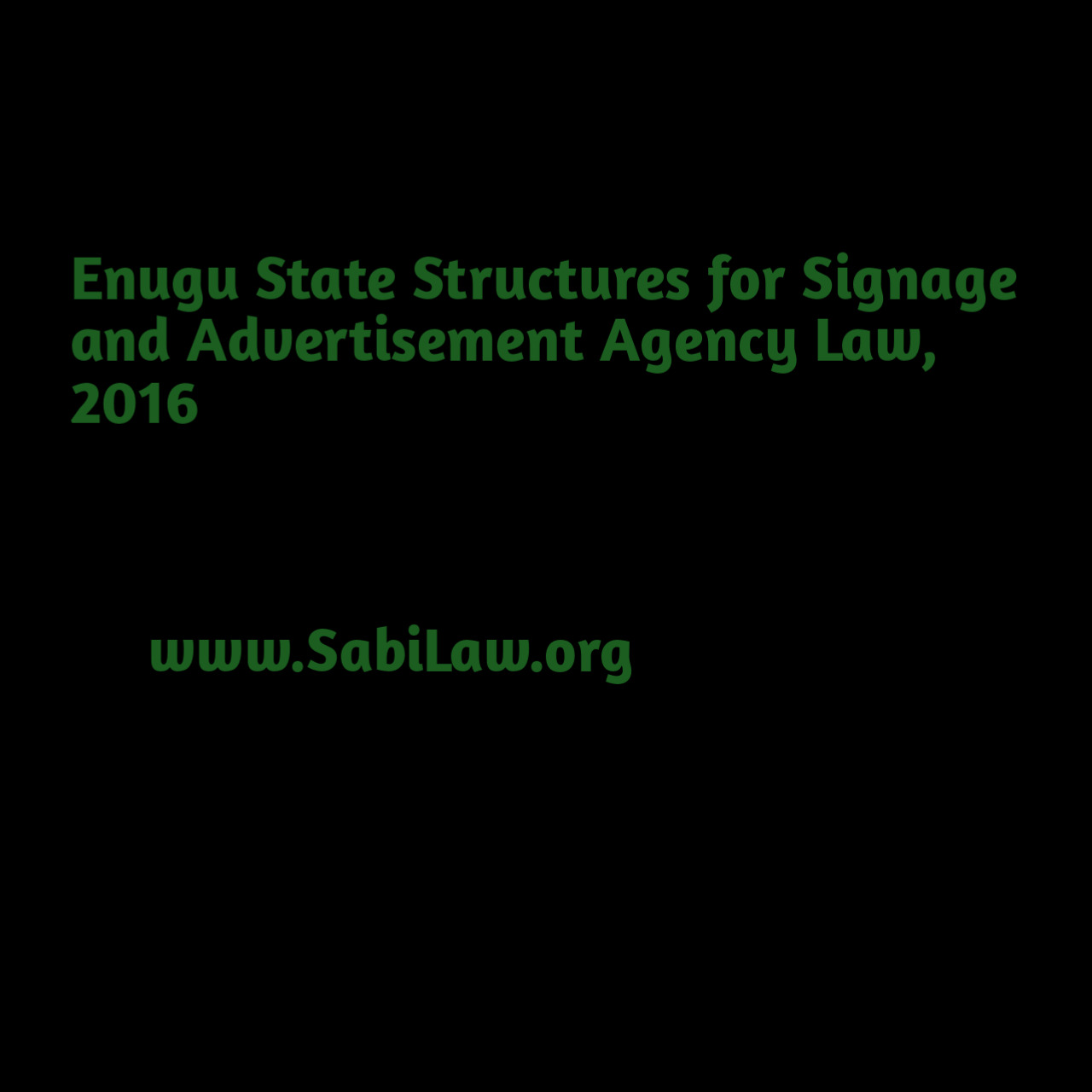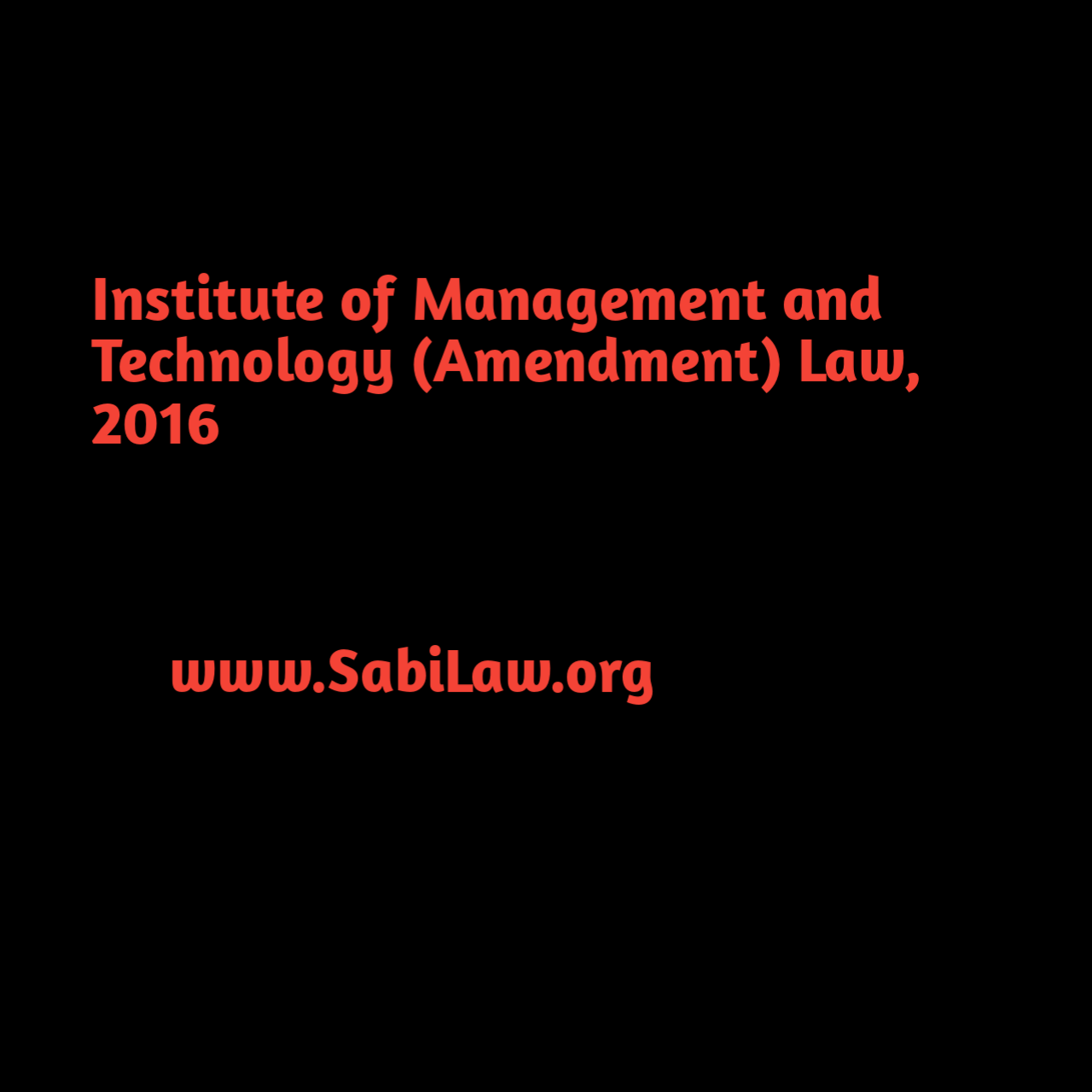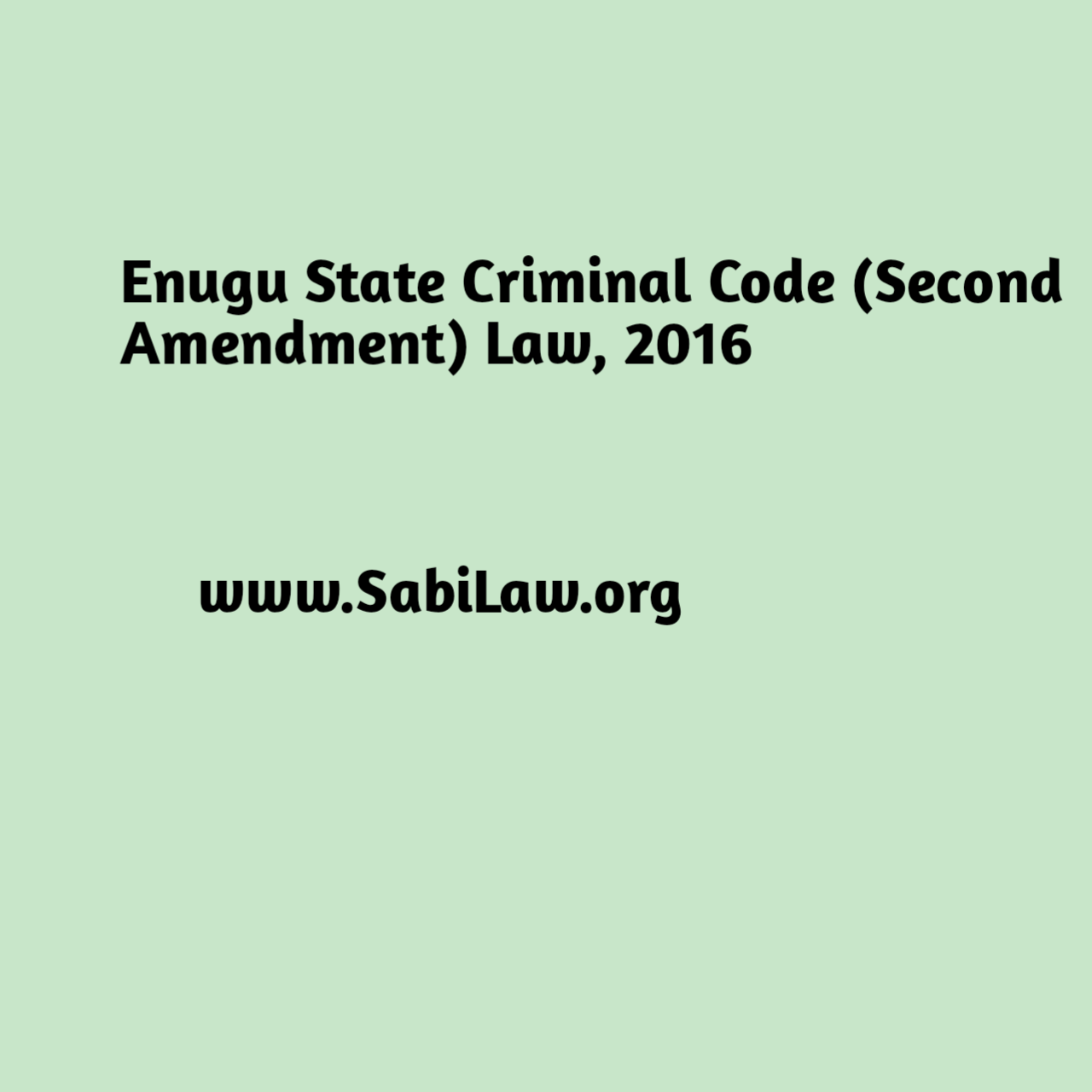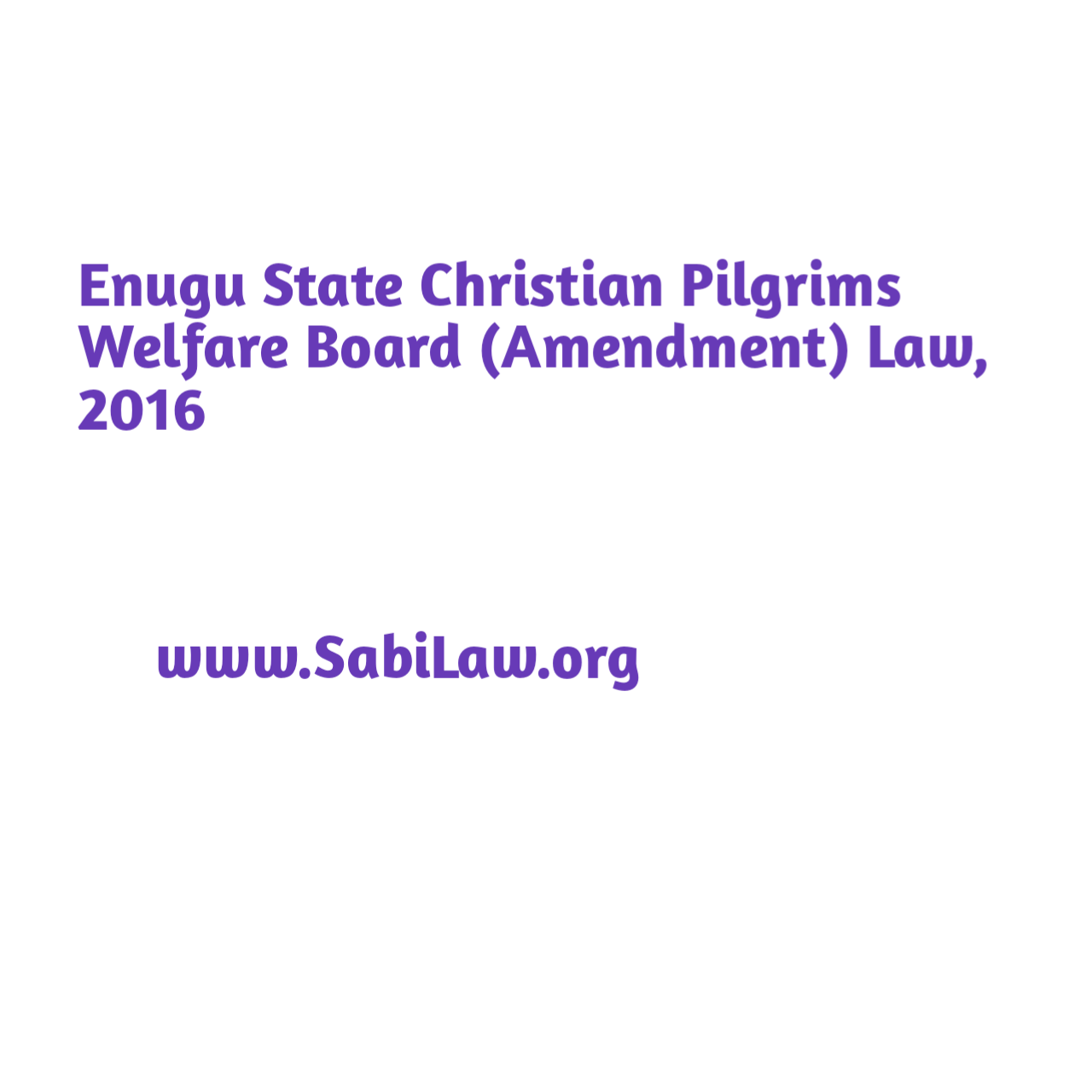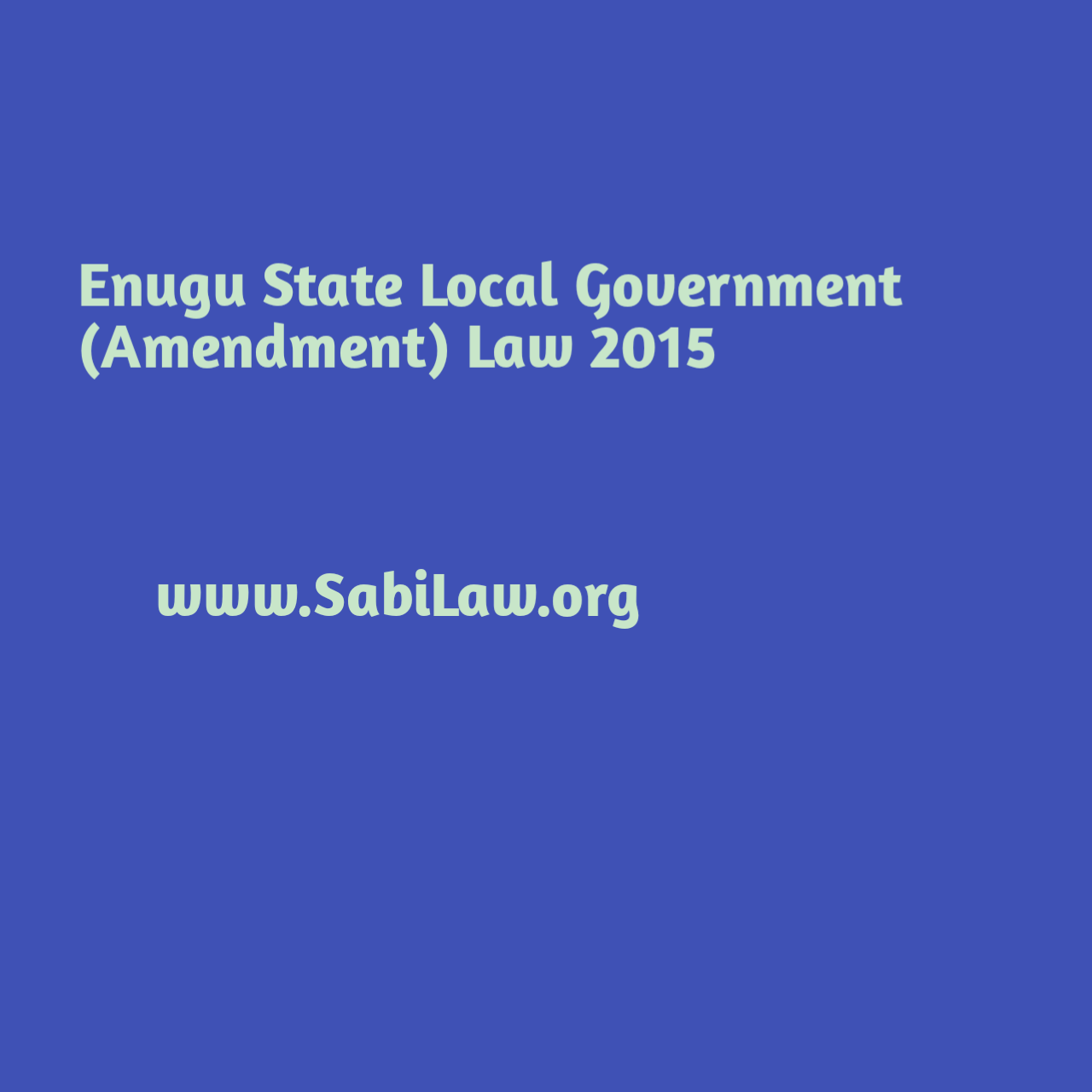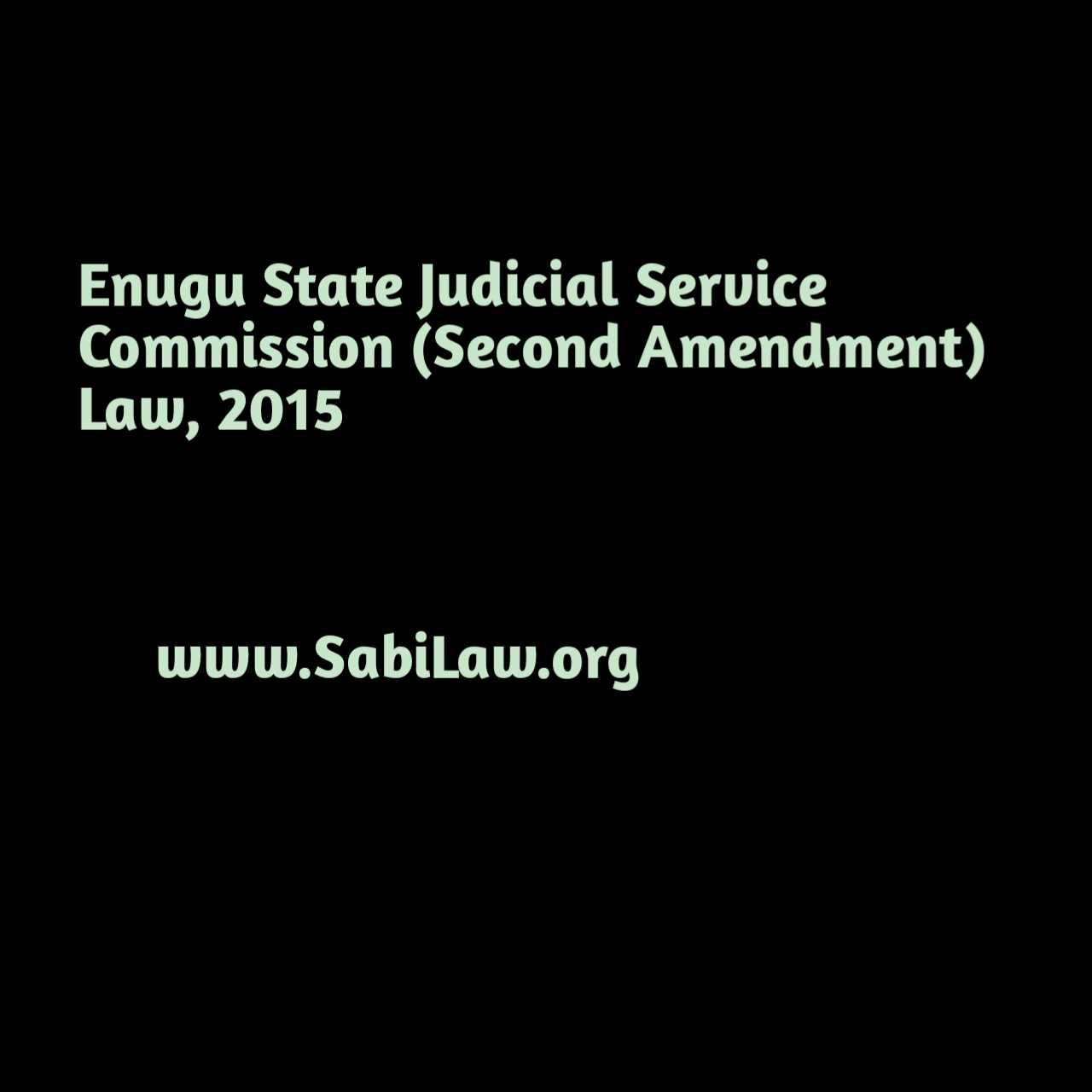The Federal High Court Judgement Nullifying Section 84(12) of the Electoral Act 2022 is Bad in Law, May not Survive Appeal.
Manfred Ekpe, Esq.
I have read the enrolment order of the Federal High Court sitting in Umuahia, Abia State in the case of Barr. Nduka Edede vs the AGF in suit No. FHC/UM/CS/26/2022 dated nullifying section 84(12) of the new Electoral Act 2022 and mandating the Attorney General of the Federation (AGF ) to delete the impugned section off the Act. First of all, I wonder why the court did not suo motu order the National Assembly who made that law to be joined as an interested party to the suit. The AGF ought not to have been allowed to proceed as the sole defendant but whereas he ought only to have been a nominal defendant. To my mind, the court ought to have taken judicial notice of the fact that the AGF had advised President Muhammadu Buhari that the impugned section 84(12) of the Act is illegal. The same AGF having already formed that opinion and taken that stand should not be expected to defend the suit properly or at all. To justify this fear the counsel representing the AGF reportedly celebrated the judgment saying it was in tandem with the AGF’s position. I am of the opinion that there were two plaintiffs in this suit on both sides, one acting as defendant.
The Federal High Court Civil Procedure Rules empowers the court to join a party to a suit were the court feels that such joinder would best serve the interest of justice. The National Assembly ought to have been joined.
Going forward, the impugned section 84(12) stipulates that political appointees who wish to stand for party primaries or to be delegates in party primaries or conventions shall resign 180 days before such primary, convention or election. Against this provision one Barr. Nduka Edede (hereinafter, plaintiff) approached the federal high court sitting in Umuahia for constitutional interpretation whether the said statutory provision is in contravention of, and inconsistent with sections 66(1)(f), 107(1)(f), 137(1)(g), 182(1)(g) of the constitution of Nigeria 1999(as amended) (Hereinafter, the constitution).
The listed constitutional provisions provide that a person shall not be qualified to stand for an election as member of National Assembly and State Houses of Assembly, as President and vice president, and as governor and deputy governor if, being a “public servant”, he has not resigned from service at least 30 days to election day. This provision is clearly only applicable to aspirants who is a public servant.
The learned trial judge, His Lordship Evelyn Anyadike held in the affirmative to this issues raised by the plaintiff on grounds that section 84(12) deprives, limits, abrogates, disenfranchises and disqualifies public servants of their constitutional rights to vote and be voted for, in that, the constitution has already provided a 30 day’s requirement for resignation before election day, and that the Electoral Act being subordinate to the constitution can not extend that period.
With respect, I cannot agree with His Lordship’s decision My reasons are as set out in the below legal analysis, but briefly that the constitution only requires “public servants” to resign 30 days to election but not “public officers.” Under our law, there is distinction between public servant and public officer.
Section 66(1)(f), 107(1)(f), 137(1)(g), 182(1)(g) of the constitution requires “public servants,” that is to say; people employed in the civil service of the federation (federal civil service) or people employed in the civil service of the state (state civil service) to resign at least 30 days to an election in which they are contesting. Therefore any person not a civil servant is not required by law to resign 30 days before standing for an election or at all. The practice of resignation by political appointees (who are not civil servants) 30 days to election in which they contested since 1999 has always been mistake. It is this gap that was realized by the National Assembly and section 84(12) of the Electoral Act was enacted to fill the gap.
WHO IS A PUBLIC SERVANT AND WHO IS A PUBLIC OFFICER?
Public Officer is defined in Part II of the Fifth Schedule to the constitution in paragraphs 1 — 16 thereof, which definition include president, vice president, governor, deputy governor, ministers, commissioners and appointed supervisors of local government departments, members of statutory boards such as NDDC etc. Hence public officers are politicians either elected or appointed into public office.
On the other hand, a public servant is defined in section 318 (1) of the constitution as persons employed in the civil service of the federation or civil service of the state, and by extension, public servants means those in the employment of the federal and state civil service. Public servants are civil servants who are permanently employed by the state and whose service is regulated by the Civil Service Commission. It does not require legal knowledge to know that political appointees such as ministers, Commissioners, SAs, PAs etc are not civil servants. This position of the law has severally been stressed by the courts. In the case of ADAMU V. TAKORI & ORS (2009) LPELR- 3593 (CA) PAGES 15-16 PARAGRAPH D-A, Lordship PER JEGA had this to say: “the determining factor in determining a public servant is the mode of his appointment and by virtue of section 318(1) of the 1999 Constitution public service of a state means the service of the state in any capacity in respect of the Government of the state and the Governor, Deputy Governor, the speaker and other political office holders are not in public service within the meaning of Section 318(1) of the 1999 Constitution.”
Further to sum up a clear distinction in the above Statutory and judicial authorities; a public officer is an officer elected or appointed into office while a public servant is employed by the government in the civil service.
See also Dada V. Adeyeye (2005) 6 NWLR (Pt. 920) 1 At 19; Asogwa V. Chukwu (2003) 4 NWLR (Pt. 811) 540; Ojonye V. Onu & ORS (2018) LPELR-44223). where the superior courts have held that political appointees are not public or civil servants. The learned trial judge of the FHC Umuahia is bound by these precedents and was in error to have deviated from them.
In the case at hand, sections 66(1)(f), 107(1)(f), 137(1)(g), 182(1)(g) of the constitution relied upon by the learned trial judge to strike down section 84(12) of the Electoral Act stipulates that a person shall not be qualified to stand for an election as member of the National Assembly, State Houses of Assembly, president vice president, governor or deputy governor(in that order), if he is a person employed in the public service of the Federation or public service of the state and has not resigned, withdrawn or retired from such employment 30 days before the date of election. The constitutional provision clearly talks about public service not public office.
On the other hand, section 84 (12) of the Electoral Act says that any public officer (of the political appointee class) (not public servants), shall resign 180 days to the day of a party primary or convention in which he intends to stand as aspirant or delegate. The constitution has not made provision for the resignation of public officers or political appointees for election purposes. There was a lacunae in the law where political appointees were not required to resign before an election in which they stood to contest, though the 30 day’s prior resignation had always been observed by political appointees by mistake for years. What the National Assembly did was to fill this gap by enacting the contentious section 84(12) of the Electoral Act giving them 180 days to resign, understandably, so that their influence would have faded before inter-party and general elections given the nasty experiences of their arrogance, rights violations and suppression of ordinary citizens by influence of their offices and overbearing influence thus depriving those without such influence of a level playing ground.
The fact that political appointees have been resigning in the past 24 years 30 days before an election day in which they stand as candidates did not ripen this practice as law. It is trite that no matter how long an illegal practice lasts, it can not become law. See Barr. Faith Okafor v. AG of Lagos State (2016)LCN/9050(CA) where the court of appeal held that restriction of movement during the monthly environmental sanitation in Lagos state is illegal and cannot be law simply because it has been observed for over 30 years since 1985.
DOES THE ATTORNEY GENERAL HAVE POWER TO REPEAL THE PROVISION OF AN ENACTMENT?
His Lordship gave an Order to the AGF to delete section 84(12) from the Electoral Act. In simple language the court appeared to have ordered the AGF to amend an Act of the National Assembly. To my mind what the trial court has ordered the AGF to do is ultra vires or above the powers of the AGF’s office. It is the duty of the legislature, not executive to amend enactment. With respect it appears the trial court has given an order against the established legal principle that the law does not act in vain. I think the court ought to have ordered the National Assembly to expunge or delete that provision from the Act not the AGF. Understandably, since the National Assembly was not a party to the suit, the court could not have made an order to a non party. That is the more reason the National Assembly ought to have been joined as a co-defendant. However, non joinder of the National Assembly does to confer legislative power on the Executive through the Attorney General. I think this court order contravenes section 4(1) of the constitution.
DOES THE COURT HAVE POWER TO NULLIFY AN ILLEGAL LAW ENACTED BY THE LEGISLATURE?
The answer is yes. The doctrine of checks and balances, which has been incorporated in the constitution confers powers on the court of law to nullify any law enacted by the legislature or regulations made by the executive which is unconstitutional. The legislature is bound to amend the law expunging the nullified provision.
It is very unfortunate that a member of the National Assembly from Benue State is reported to have said that the court has no power to nullify an Act of the National Assembly thus misleading members of the public.
The legal effect of a law nullified by the court of competent jurisdiction is that such law becomes inoperative and ceases to exist whether or not the legislature expunges it from the statute books. An instance is the 1985 case of Arthur Nwankwo v The State (1985) 6 NCLR 288, where the court of appeal nullified section 51 of the Criminal Code Act which established the offense of sedition. Till date that section is still in the Criminal Code but no longer recognized as law or operative. No person has since 1984 been tried in Nigeria for the offense of sedition.
I belief on appeal, the decision of Hon. Justice Evelyn Anyadike will be set aside.
****************************************************************************************
This work is published under the free legal awareness project of Sabi Law Foundation (www.SabiLaw.org) funded by the law firm of Bezaleel Chambers International (www.BezaleelChambers.com). The writer was not paid or charged any publishing fee. You too can support the legal awareness projects and programs of Sabi Law Foundation by donating to us. Donate here and get our unique appreciation certificate or memento.
DISCLAIMER:
This publication is not a piece of legal advice. The opinion expressed in this publication is that of the author(s) and not necessarily the opinion of our organisation, staff and partners.
PROJECTS:
🛒 Take short courses, get samples/precedents and learn your rights at www.SabiLaw.org
🎯 Publish your legal articles for FREE by sending to: eve@sabilaw.org
🎁 Receive our free Daily Law Tips & other publications via our website and social media accounts or join our free whatsapp group: Daily Law Tips Group 5
KEEP IN TOUCH:
Get updates on all the free legal awareness projects of Sabi Law (#SabiLaw) and its partners, via:
YouTube: SabiLaw
Twitter: @Sabi_Law
Facebook page: SabiLaw
Instagram: @SabiLaw.org_
WhatsApp Group: Free Daily Law Tips Group 5
Telegram Group: Free Daily Law Tips Group
Facebook group: SabiLaw
Email: lisa@sabilaw.org
Website: www.SabiLaw.org
ABOUT US & OUR PARTNERS:
This publication is the initiative of the Sabi Law Foundation (www.SabiLaw.org) funded by the law firm of Bezaleel Chambers International (www.BezaleelChambers.com). Sabi Law Foundation is a Not-For-Profit and Non-Governmental Legal Awareness Organization based in Nigeria. It is the first of its kind and has been promoting free legal awareness since 2010.
DONATION & SPONSORSHIP:
As a registered not-for-profit and non-governmental organisation, Sabi Law Foundation relies on donations and sponsorships to promote free legal awareness across Nigeria and the world. With a vast followership across the globe, your donations will assist us to increase legal awareness, improve access to justice, reduce common legal disputes and crimes in Nigeria. Make your donations to us here or contact us for sponsorship and partnership, via: lisa@SabiLaw.org or +234 903 913 1200.
***********************************************************************************












































